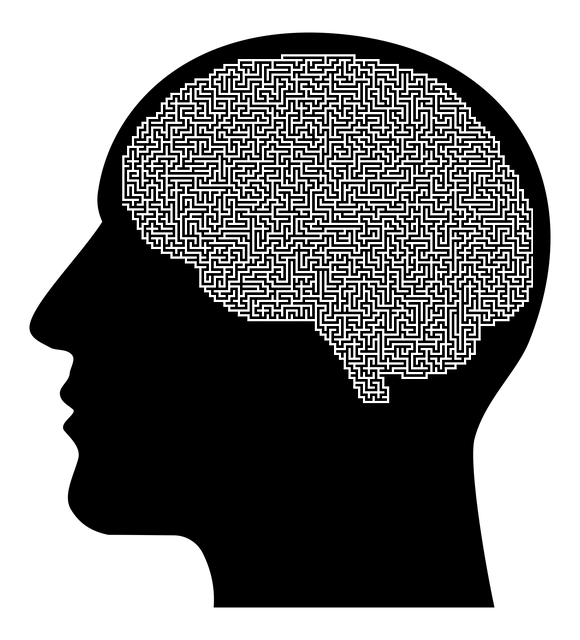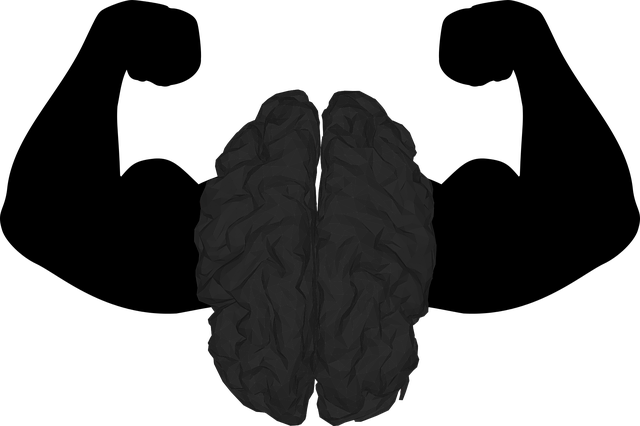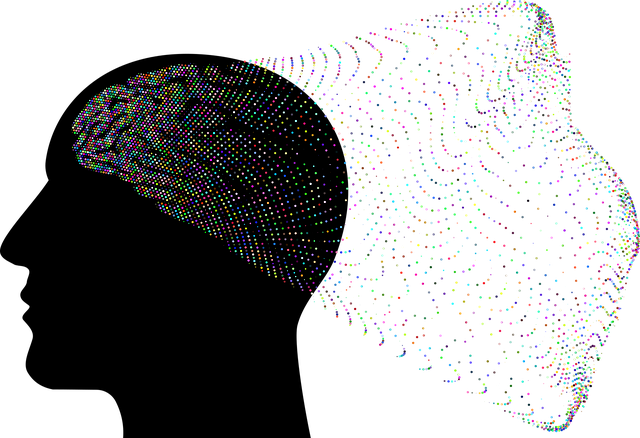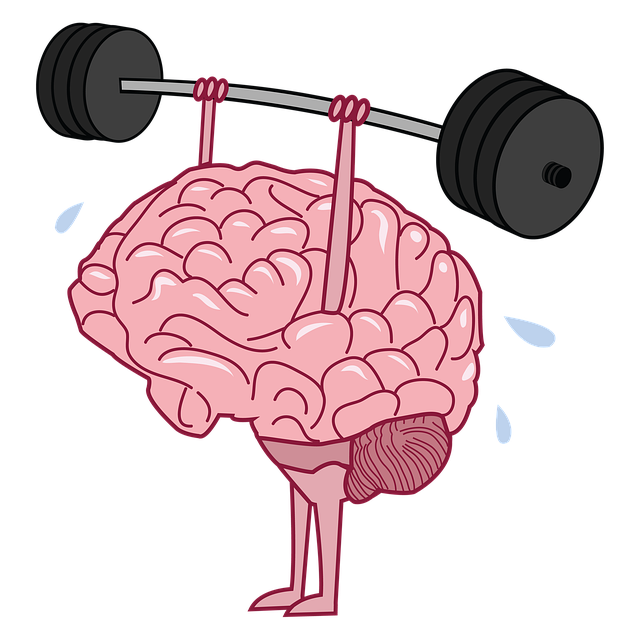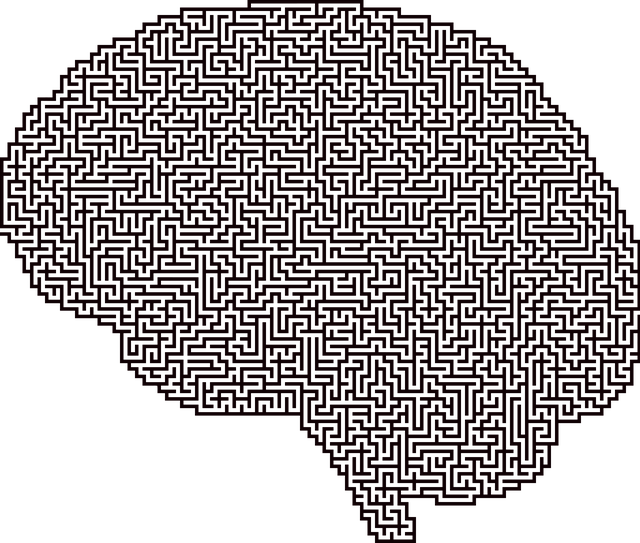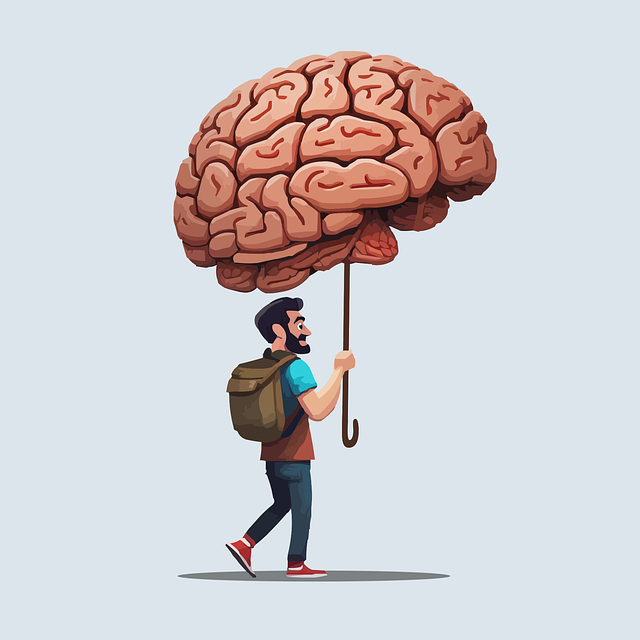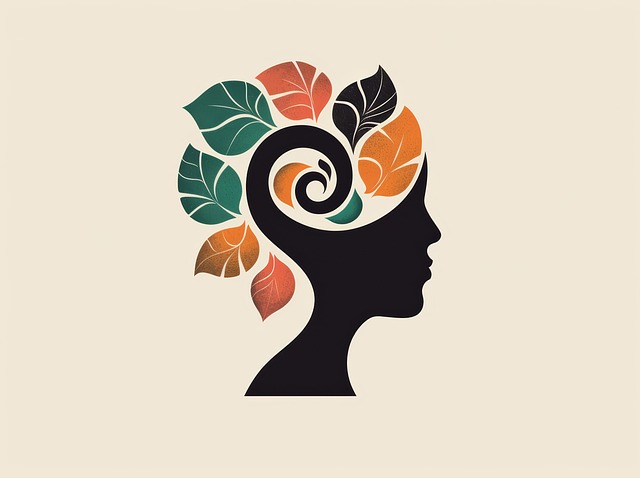Aurora Geriatrics Therapy leads in breaking down mental health stigma through public education and communication campaigns, focusing on the unique needs of elderly patients. Their holistic program incorporates evidence-based practices, interactive workshops, and caregiver education to address challenges like cognitive decline, social isolation, and anxiety relief. By integrating Mindfulness Meditation and Mind Over Matter principles, along with strategic planning and community outreach, Aurora's programs empower seniors to manage their mental health effectively, fostering a resilient, supportive community.
Mental health education programs play a pivotal role in fostering well-being, especially within senior populations. This article explores the design of such programs, focusing on Aurora Geriatrics Therapy’s innovative approach to tackling mental health stigma and misconceptions. We delve into the key components that make for an effective curriculum, offering strategies to engage seniors. By understanding their unique needs, we can implement tailored programs that improve mental health outcomes, as demonstrated by Aurora’s successful initiatives, providing a roadmap for similar therapies.
- Understanding Mental Health: Breaking Down Stigma and Misconceptions
- Designing an Effective Education Program for Aurora Geriatrics Therapy
- Key Components of a Comprehensive Mental Health Curriculum
- Implementation Strategies: Reaching and Engaging the Target Audience
Understanding Mental Health: Breaking Down Stigma and Misconceptions

Mental health is a complex and often misunderstood aspect of human life, and breaking down stigma associated with it is a crucial step towards fostering open dialogue. Many individuals still hold misconceptions about mental illness, which can lead to discrimination and hinder access to much-needed support. Aurora Geriatrics Therapy recognizes the importance of dispelling these myths and has been at the forefront of promoting mental health awareness in the community.
Through public awareness campaigns and development of effective communication strategies, we aim to educate folks on what it means to have a mental wellness routine. By challenging outdated perceptions, we create an environment where people feel comfortable seeking help without fear of judgment. These initiatives are vital steps towards ensuring everyone has access to quality mental health resources, fostering a healthier and more supportive community for all.
Designing an Effective Education Program for Aurora Geriatrics Therapy

Designing an effective education program for Aurora Geriatrics Therapy requires a comprehensive approach that addresses both individual and collective mental health needs among the elderly population. The first step is to assess the specific challenges faced by geriatric patients, such as cognitive decline, social isolation, and anxiety relief. Incorporating evidence-based practices and tailoring them to the unique needs of older adults is crucial. Social skills training, for instance, can help combat loneliness and promote community engagement.
A well-structured Mental Health Education Program should include interactive workshops, group discussions, and practical exercises focused on improving emotional well-being. Educating caregivers and family members about effective communication strategies and stress management techniques can further enhance the program’s impact. By fostering a supportive environment and providing accessible resources, Aurora Geriatrics Therapy can empower its patients to lead happier, healthier lives while addressing prevalent issues like anxiety relief and enhancing social connections through tailored training.
Key Components of a Comprehensive Mental Health Curriculum

A comprehensive mental health education program, like those offered by Aurora Geriatrics Therapy, should be multifaceted and inclusive. The curriculum must begin with an understanding of mental wellness as a fundamental aspect of overall health, encompassing emotional, psychological, and social well-being. This foundation allows for the exploration of various topics such as stress management, anxiety disorders, depression, and the role of sleep in mental health.
Integrating evidence-based practices like Mindfulness Meditation can foster resilience building, a key component often overlooked but crucial for maintaining good mental health. Additionally, community outreach program implementation ensures that education reaches diverse populations, promoting accessibility and equity. By combining theoretical knowledge with practical skills, such as coping strategies, communication techniques, and problem-solving abilities, programs can empower individuals to navigate their mental health journeys effectively.
Implementation Strategies: Reaching and Engaging the Target Audience

Implementing a mental health education program requires strategic planning to reach and engage the target audience effectively. For Aurora Geriatrics Therapy, this might involve tailoring content for older adults, considering cultural sensitivities, and addressing barriers to access, such as mobility issues or digital literacy gaps. Engaging community partners, leveraging social media platforms, and incorporating interactive workshops can enhance participation.
Incorporating Mind Over Matter Principles into the program design can foster a sense of empowerment among participants, encouraging them to take an active role in their mental well-being. Additionally, regular feedback mechanisms and peer support networks can strengthen engagement. For mental health professionals, conducting thorough Risk Assessment is crucial to identify potential issues early on, ensuring a safe and supportive learning environment. Promoting Mental Health Awareness through these programs not only benefits individuals but also contributes to a more inclusive and resilient community.
Mental health education programs, like those designed for Aurora Geriatrics Therapy, play a pivotal role in fostering understanding and breaking down stigma. By incorporating key components such as comprehensive curriculum, evidence-based strategies, and tailored engagement tactics, these programs can significantly impact community wellness. Remember that effective design, coupled with persistent implementation, is crucial to creating lasting change. Through ongoing education and access to resources, we can all contribute to a healthier, more supportive society for mental health awareness.

